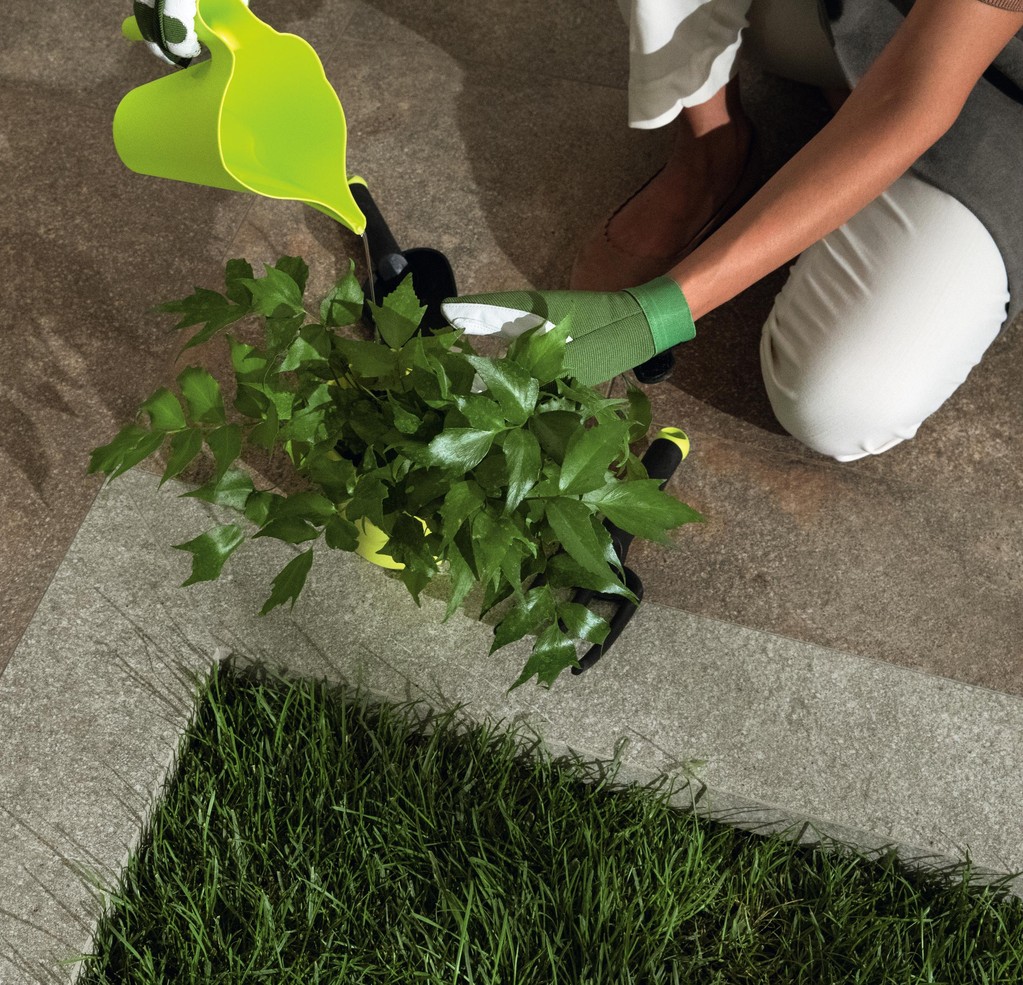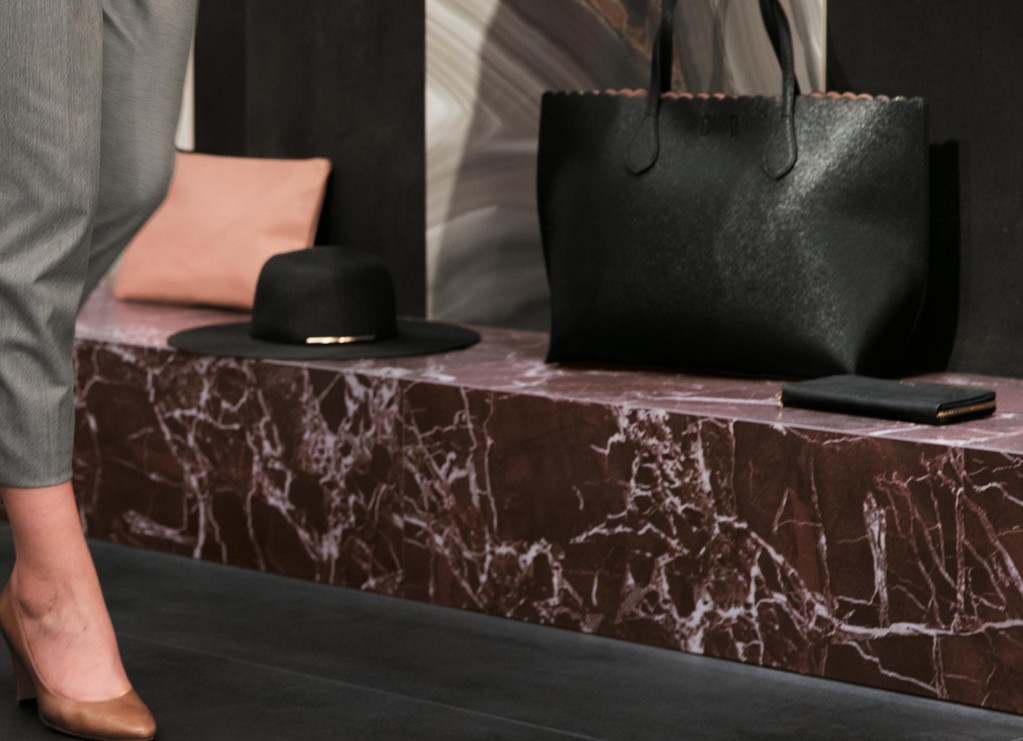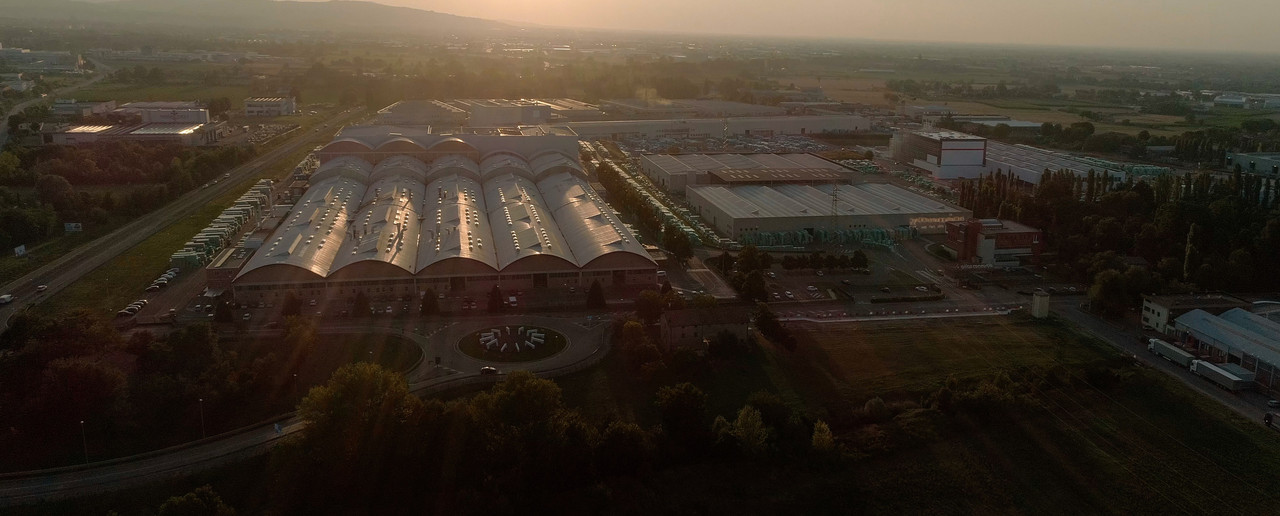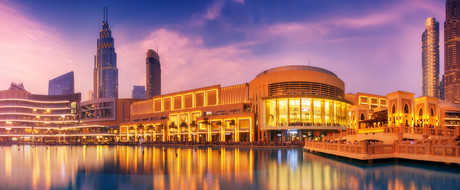Those who choose Atlas Concorde tiles choose ecological products and assign a high priority to production based on environmental sustainability. Encouraging a responsible, virtuous approach at all levels.

Corporate
Atlas Concorde and sustainability: never stop thinking about the environment
11 June 2021
One of the cornerstones of our way of doing business is the constant pursuit of excellence. This is expressed not only through the design of technically flawless products, but also through awareness of the environmental and social impact of our production processes. The high quality of Atlas Concorde porcelain floor tiles and wall tiles is in fact the result of advanced industrial technologies, but also of production processes that are both environmentally sustainable and safe for workers.

Ceramic tiles are environmentally friendly
While it's not as obvious as their esthetic qualities, ceramic tiles are actually very eco-friendly. Simplifying things just a little, they're basically made of clay, a raw material that makes up much of the earth's crust. At the end of their life cycle – which is quite long compared to other cladding materials – they are still what they were at the beginning. In fact during firing the clay undergoes a physical transformation that doesn't alter its chemical component.

Energy efficiency
Thanks to their thermal inertia, porcelain tiles help moderate room temperature changes, reducing heating and cooling spikes year round, with consequent energy savings.

A life cycle lasting more than 50 years
The intrinsic properties of ceramic tiles make them the optimal choice compared to other materials due to the low impact generated during their life cycle. With a durability over timeestimated at over 50 years, ceramic floor and wall tiles are perfectly consistent with the principles of the circular economy.

Sustainability in the production process
One of the reasons the Atlas Concorde plant in Fiorano Modenese has been fully automated and highly digitized is to minimize its environmental impact, well below the thresholds established by international standards. It is even equipped with a water recovery system that reuses almost all of it in various ways, while 100% of the waste is reused in the production process. Given the millions of square meters of tiles produced each year, this alone avoids the extraction and transport of several thousand tons of raw materials. The ceramic tiles made in Italy by Atlas Concorde are therefore one of the most environmentally friendly options for floor and wall surfaces because they are produced with mostly recycled and recyclable materials.








































.jpg?cropw=4096&croph=2654.2479700187387&cropx=9.695217308093677e-13&cropy=76.7520299812622&cropmode=pixel#?w=3840&q=100)








































.tif?cropw=4036.303976681241&croph=2705.4159900062464&cropx=59.69602331875912&cropy=25.584009993753906&cropmode=pixel#?w=3840&q=100)
.jpg?cropw=4096&croph=2978.1919633562356&cropx=0&cropy=93.80803664376384&cropmode=pixel#?w=3840&q=100)


.jpg?cropw=4096&croph=2304&cropx=0&cropy=215.39045431878446&cropmode=pixel#?w=3840&q=100)




